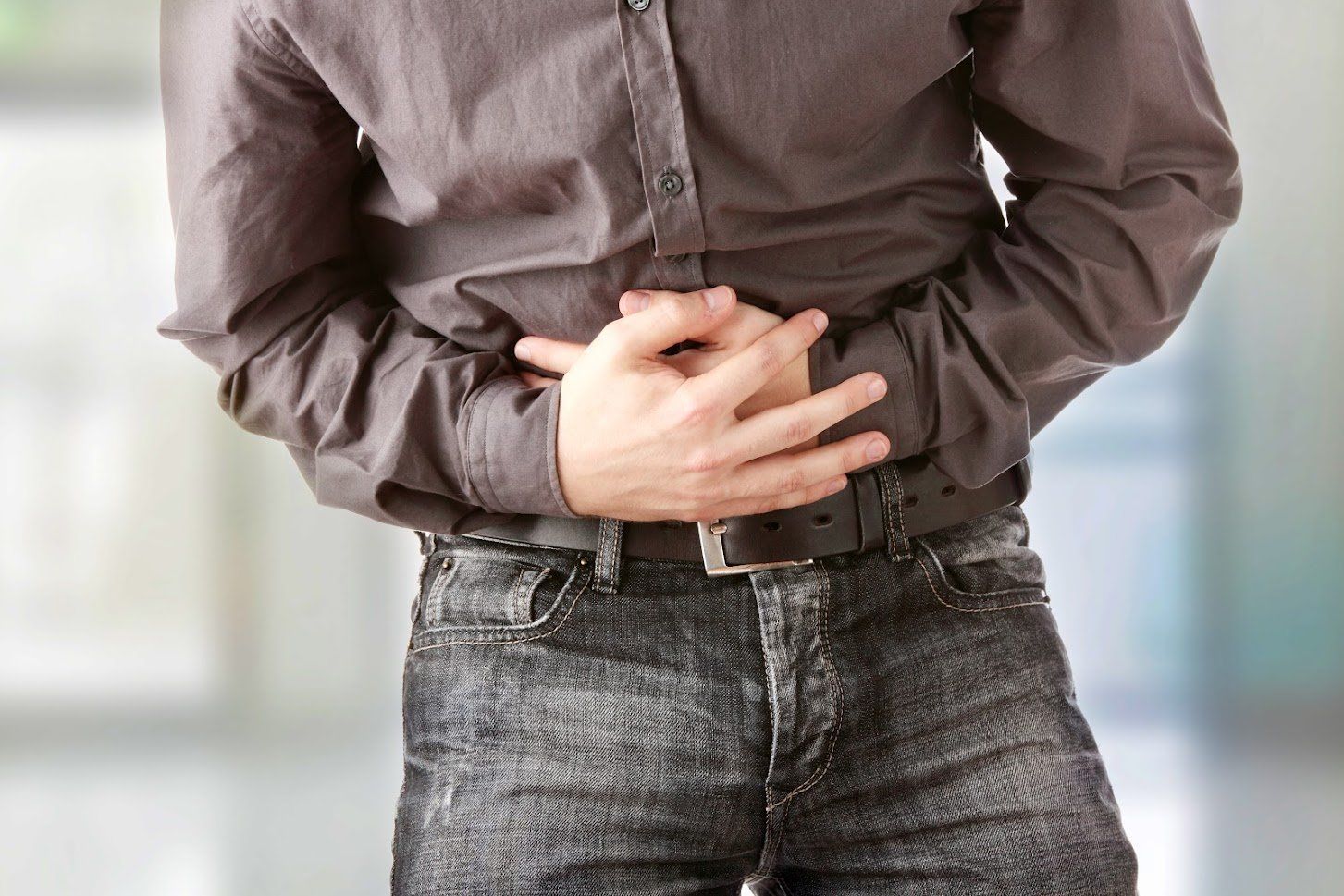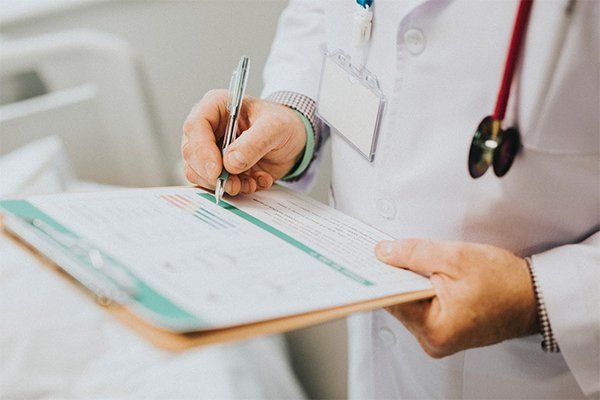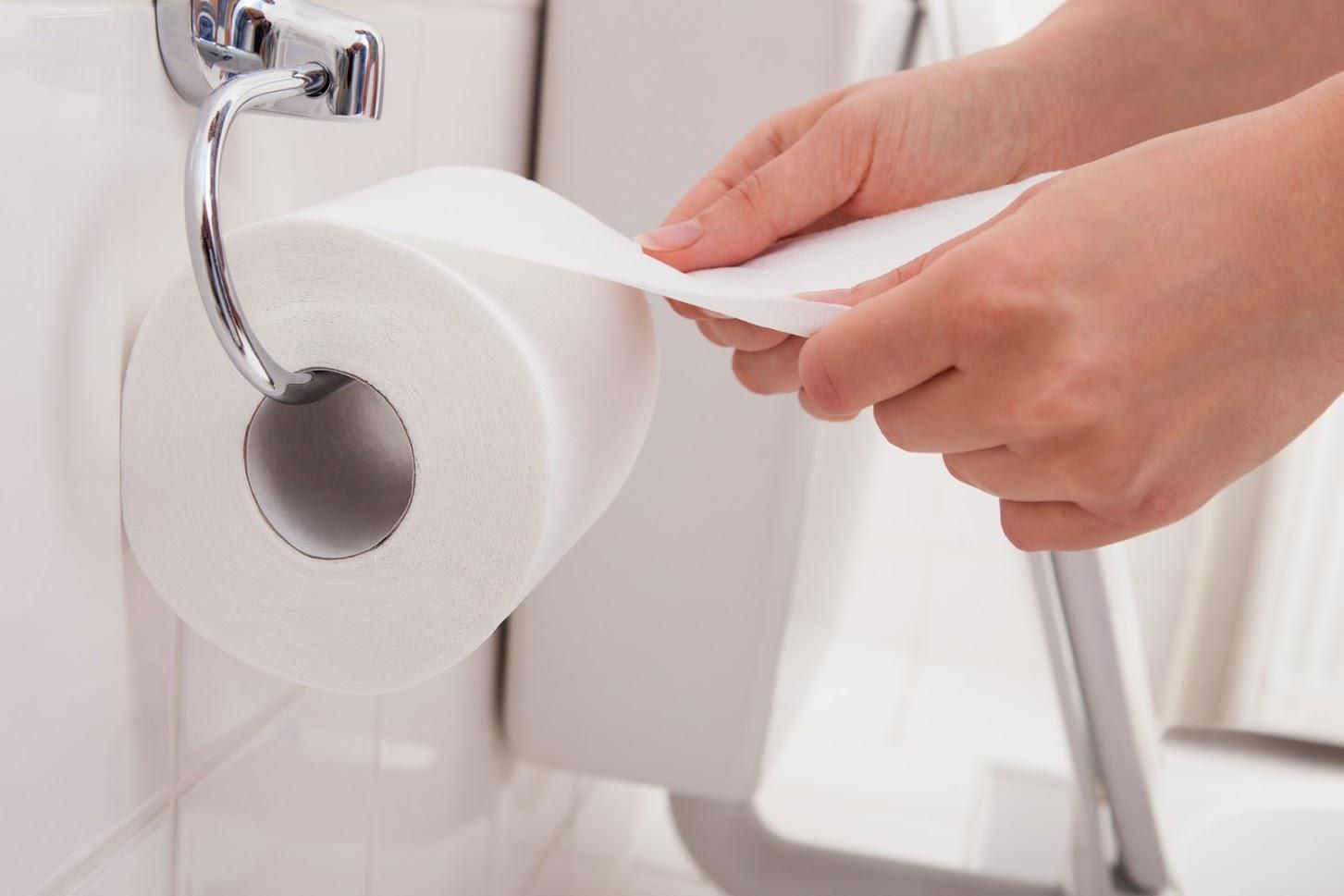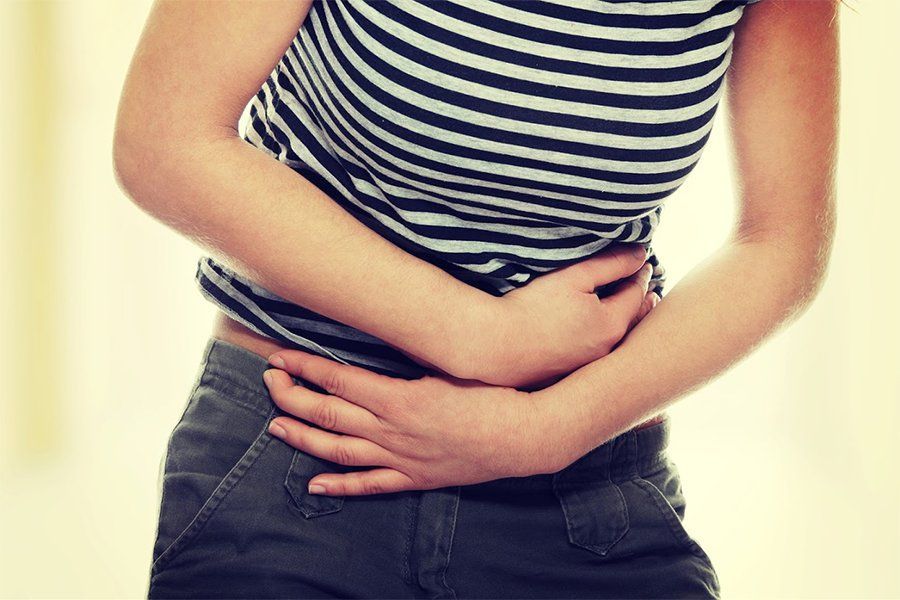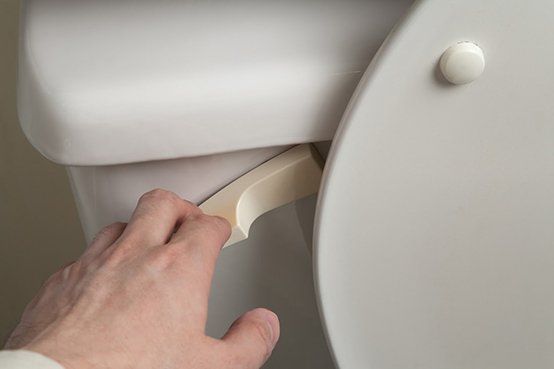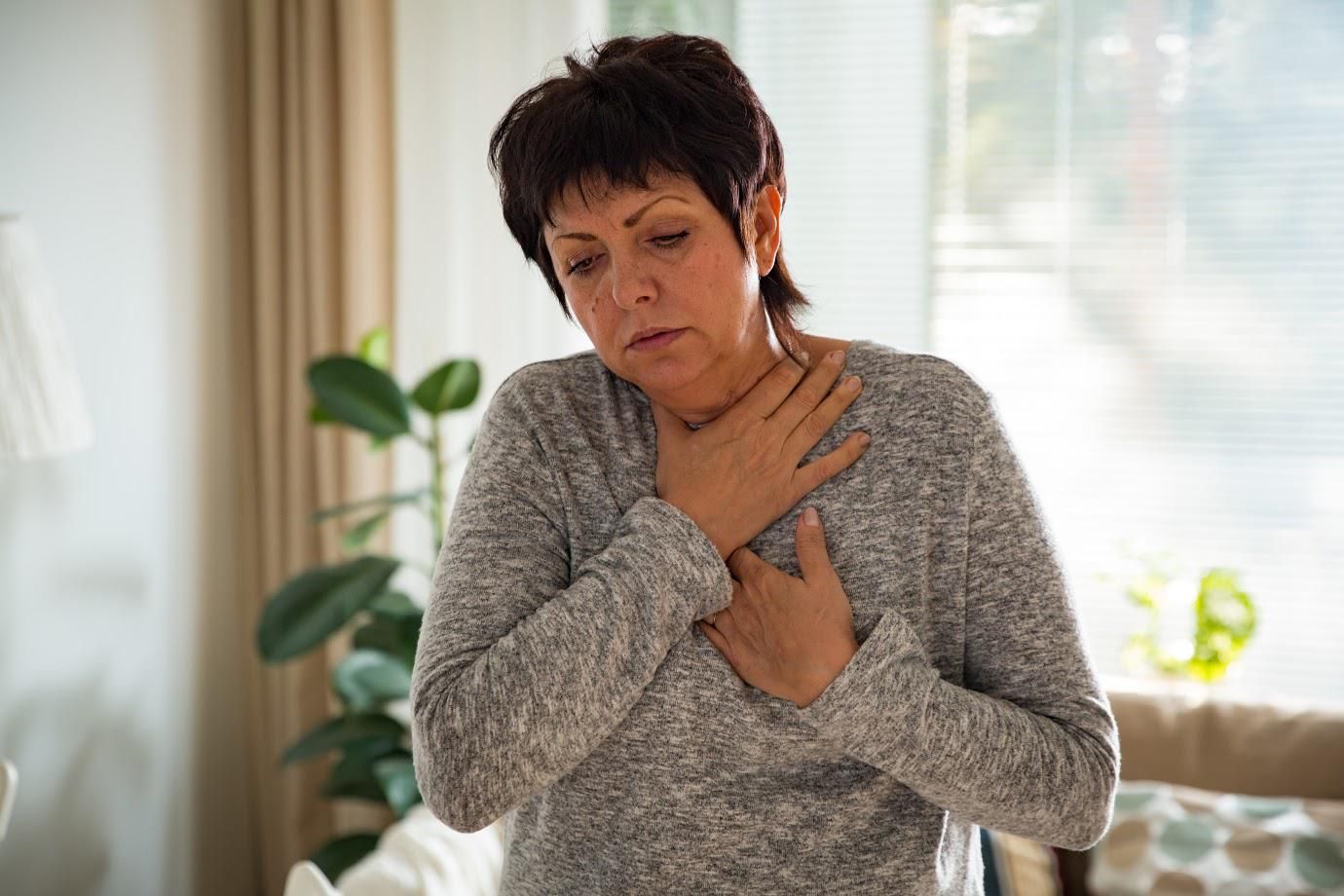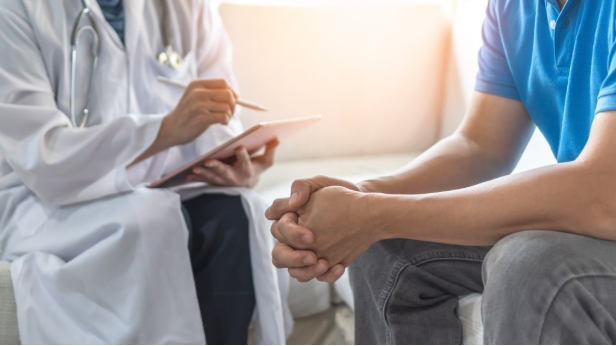What You Need to Know About Diverticulosis

Diverticulosis is a medical condition that happens when small pouches called diverticula form in the lining of the digestive tract due to the inner layer pressing against weak spots in the outer layer. The condition is extremely common, affecting half of people over 60 and almost everyone over 80, according to the American Society for Gastrointestinal Endoscopy.
Symptoms
Oftentimes, those afflicted with diverticulosis don't even realize it. Some people with diverticulosis experience abdominal cramps, bloating, and constipation, but since these symptoms are present with many other medical conditions, their presence doesn't necessarily indicate diverticulosis.
Diagnosis
Since diverticula often form in the lower part of the large intestine, or colon, doctors typically diagnose the condition when a patient comes in for a routine test or screening for colon polyps or colon cancer.
If you're experiencing common diverticulosis symptoms and you don't have another medical condition that could be causing them, your doctor might refer you to a gastroenterologist for testing and diagnosis.
Gastroenterologists often diagnose diverticulosis through a sigmoidoscopy or colonoscopy. These procedures use small cameras attached to a flexible tube inserted through the rectum to examine the colon and other parts of the large intestine.
Treatment
Because many people who have diverticulosis don't experience any symptoms, treatment isn't always necessary.
Patients who experience pain, bloating, or other unpleasant gastrointestinal symptoms can often manage their symptoms by including more fiber in their diets from whole fruits, vegetables, and grains or from supplements made from methylcellulose, polycarbophil, or psyllium.
Your doctor might also prescribe medication to help stop abdominal cramping. Some patients also respond well to the antibiotics, though this is not usually the first treatment your physician will try.
Potential Complications
Most people live full lives without any major complications from diverticulosis. Diverticulitis is the most common complication from diverticulosis — it happens when the pouches in the intestines get inflamed or infected.
People who have diverticulitis have more severe symptoms than those who have diverticula that aren't inflamed. These symptoms include fever, chills, abdominal pain and tenderness, nausea, and constipation. Most cases of diverticulitis can be cleared up with oral antibiotics.
It's important to seek prompt treatment if you experience diverticulitis symptoms, especially if you've already been diagnosed with diverticulosis. If you don't treat the infection, it could lead to an abscess on the wall of your colon. This condition is called peritonitis and usually requires IV antibiotics or surgical draining of the pus from the abscess.
If you have a particularly severe case of diverticulitis or if the infection keeps coming back, your gastroenterologist might suggest surgery to remove the part of the colon where the infection keeps occurring.
Prevention
Doctors aren't entirely sure what causes diverticulosis. The condition is far less prevalent in countries where people typically eat a diet high in fiber, however. Fiber helps keep bowel movements regular and prevents constipation.
Chronic constipation or straining during bowel movements puts more pressure on the walls and lining of the digestive tract and over many years, this pushing, along with straining during bowel movements, can create diverticula.
One of the best things you can do to protect yourself from diverticulosis is to eat a diet rich in whole grains, fruits, and vegetables or take fiber supplements to help you stay regular. If you have another gastrointestinal condition that causes constipation, such as Irritable bowel syndrome (IBS), or chronic idiopathic constipation (CIC), seek appropriate treatment to minimize your risk of developing diverticula.
If you or a loved one have been diagnosed with diverticulosis or are experiencing diverticulosis symptoms, the experienced specialists at the Kentuckiana Gastroenterology & Paramount Surgery Center in Louisville, Kentucky can help. Contact us today to schedule an appointment.
